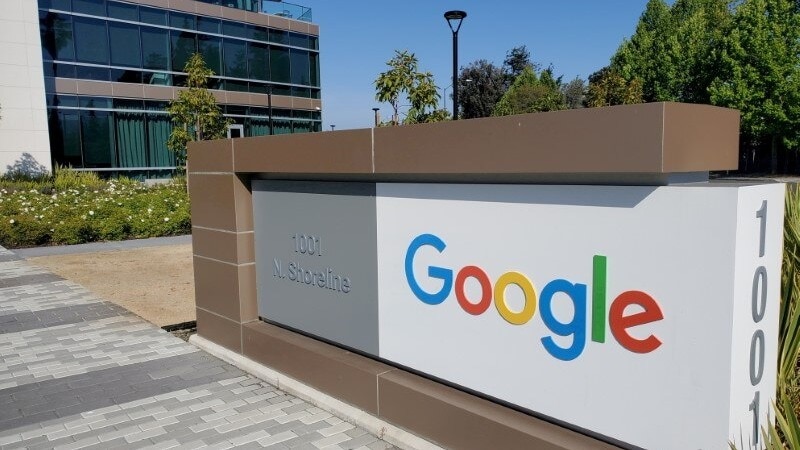Google is testing a new feature called “AI mode” in its search function, aimed at making the recovery of information more interactive and conversational. According to a 9to5google report, this feature is fueled by Gemini 2.0 and is currently being tested internally with Google employees in the United States. It can be available to the public later this year.
AI mode is suitable for open and exploratory questions, going beyond the simple search for facts. Unlike traditional research results that provide a list of links, this functionality offers summaries generated by AI while providing links for more in -depth exploration. The interface looks like a chatbot, allowing users to ask follow -up questions for a more dynamic experience.
The new AI mode appears alongside existing research filters such as images, news and purchases. When selected, it provides a response led by AI in a complete provision, replacing the “typical” blue “bonds. Users can type or talk about follow -up questions to refine their search results.
For example, instead of simply listing web pages on spaghetti portions, AI mode can calculate the number of boxes required for a group, taking into account the sizes of portions. It can also offer detailed products comparisons or guide users through niche subjects such as aquascaping, while linking relevant sources.
Google incorporates AI into its research function for over a year, starting with IA previews which summarize the search results at the top of the page. AI mode is based on this by providing a more structured and interactive research approach.
This development is involved in the middle of growing competition in the research fueled by AI, with companies like Openai and Bing in Microsoft promoting their conversational AI models. The CEO of Google, Sundar Pichai, said that 2025 will be an important year for innovations in research, and IA mode could represent a major change in the way people find information online.
Currently, AI mode is in the early testing phase, but in case of success, it could fundamentally change the way billions of users interact with Google Search.


